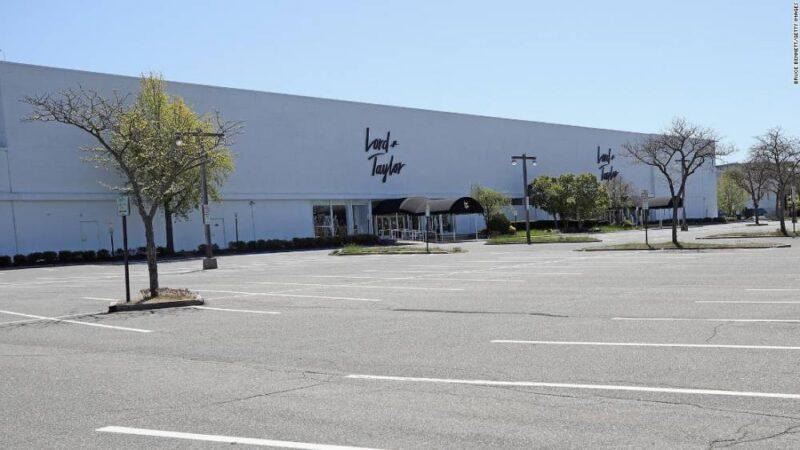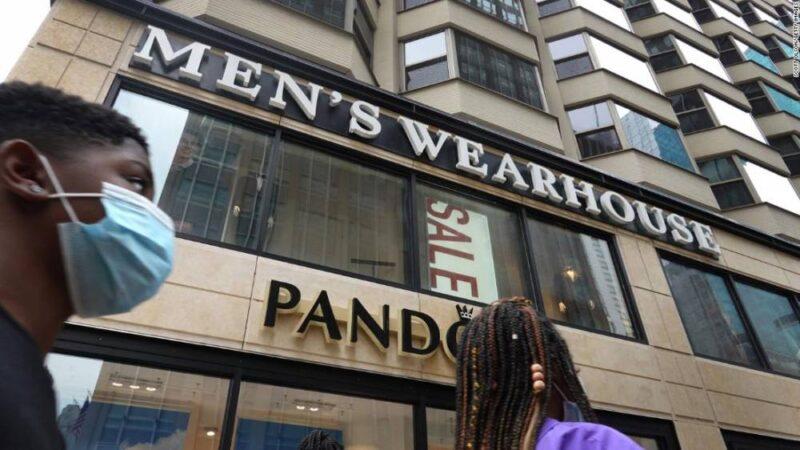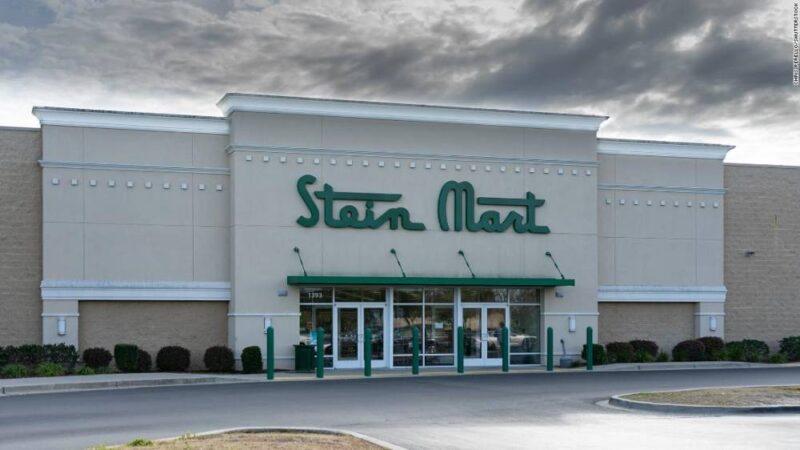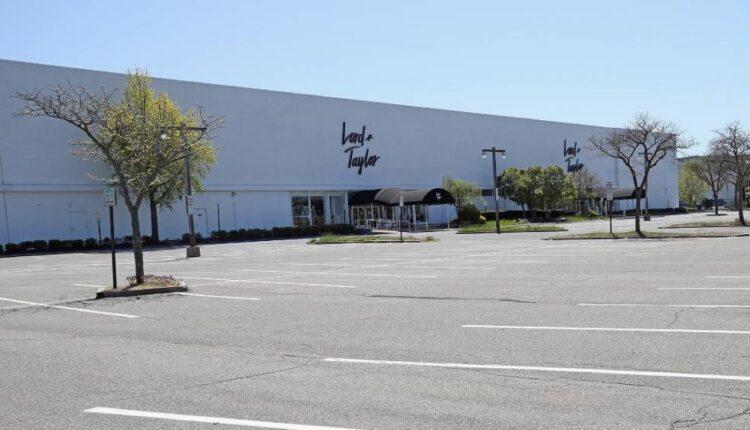New York (CNN Business)The breakneck pace of retail bankruptcies slowed in August, with at least three well-known companies filing for Chapter 11.
Compare that to July, when multiple well-known mall brands, including Sur La Table, Ascena Retail Group and Brooks Brothers, sought bankruptcy protection. Despite the slowdown in bankruptcies, August was still a bloodbath: Several hundred stores closed and thousands of employees lost their jobs.The carnage doesn’t look like it’s over, especially with the possibility of consumer spending hitting a wall because of the lack of another $1,200 stimulus check. Consumer confidence also fell for the second-straight month in August to its lowest level in six years as Americans worry about the fragile economic recovery and an uncertain job market.
Here’s who filed this month and who might be next:
Lord & Taylor
Read More

A closed Lord & Taylor department store in Garden City, New York.The country’s first department store filed for Chapter 11 on August 2. Lord & Taylor originally announced 19 locations were closing, then added 5 more to the list about two weeks later. Then, a week later, announced all of its 38 stores are liquidating, a remarkable decline for the nearly 200-year-old retailer.The company was once a mainstay of high-end fashion. Hudson’s Bay Company acquired Lord & Taylor in 2012 before selling it in 2019 to Le Tote, Inc., a fashion rental subscription service, for $75 million.
Tailored Brands

A Men’s Wearhouse store in Chicago, Illinois.The owner of Men’s Wearhouse and Jos. A. Bank fell into bankruptcy on August 3, another sign that the pandemic has wiped out demand for office attire.Tailored Brands (TLRD), which also owns Moores Clothing for Men and K&G Fashion Superstore, said it will continue to serve customers throughout the restructuring process.The news wasn’t much of a surprise: Tailored Brands said in June that it could join the growing list of retail bankruptcies. Weeks later, the company said it had identified 500 stores for closures and announced layoffs of 20% of its corporate positions. The company has around 1,500 stores in the US, with about half operating under the Men’s Wearhouse name.
Stein Mart

A Stein Mart in South Carolina.The discount retailer filed for bankruptcy on August 12 and is closing all of its nearly 300 stores in the coming months. The 112-year-old company blamed its failure on changing consumer habits and the pandemic, both of which “have caused significant financial distress on our business,” Stein Mart said at the time.Stein Mart warned in June that Covid-19 caused financial distress for the company, revealing in a regulatory filing that the company had “substantial doubt” it would continue to operate for the next year. The company is also considering strategic alternatives, including the sale of its website and its intellectual property. Pier 1 Imports recently did the same thing and sold its website and intellectual property to an investment firm.
Who’s next?
J.Jill, (JILL) Destination XL (DXLG) and Christopher & Banks (CBKC) are the publicly traded retailers vulnerable for bankruptcy because of the rising probability they might default. That’s according to a recent report from S&P Global Market Intelligence, which recorded 44 retail bankruptcies this year. The number of bankruptcies this year eclipses the “full-year total for 2019 and rivaling the 45 filings on record for all of 2011,” the firm said.
Individual retailers aren’t the only ones at risk. So are mall owners. CBL Properties (CBL) warned it could file for Chapter 11 by October 1 because of uncollected rents, declining customer traffic and mounting debt. A planned agreement with its creditors would eliminate $900 million of its debt and help it avoid filing. CBL said in an August 19 release that it has has approximately $220 million in cash on hand, which is “expected to be sufficient to meet CBL’s operational and restructuring needs.” The company owns 90 malls, predominately in the US southeast and midwest.
Source: edition.cnn.com

